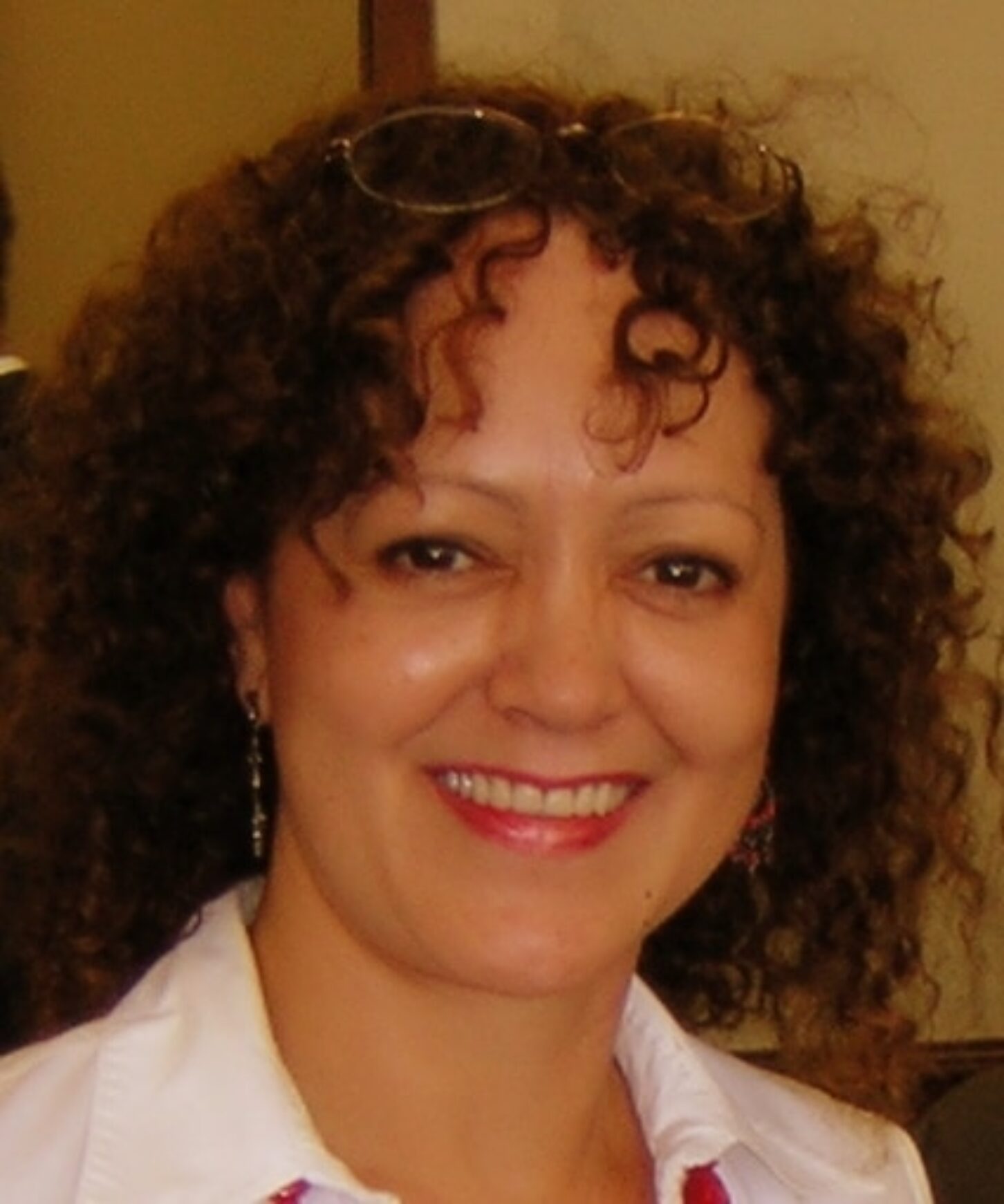
Health Policy News and Views
Compiled by Benita M. Dodd

Have you heard of Direct Primary Care? It’s also known as “concierge care for the little guy.” Find out more about this health care option at the Georgia Public Policy Foundation’s May 7 Leadership Breakfast at the Cobb Galleria Centre. Register to attend “Concierge Care for the Little Guy,” keynoted by Dr. Lee S.Gross,** co-founder and Senior Vice President of Epiphany Health. Epiphany is a health care program created primarily for individuals and families who either don’t qualify for health insurance, can’t afford traditional insurance or aren’t offered health benefits though their place of employment.
**Dr. Gross is among the health care experts participating in a health care conference May 7-9 at the Cobb Galleria Centre, and members of the Georgia Public Policy Foundation are being offered a discounted rate of $159 to attend the first day’s proceedings. This includes pre-conference sessions with Doctors for Patient Care, a debate over the future of health care between John Goodman and Dr. Kenneth Thorpe and the Opening Night Reception. Find out more about the conference, hosted by the Institute for Healthcare Consumerism, at http://www.theihccforum.com/2014-ihc-forum-and-expo/ .
Far-reaching shortsightedness: Many medical associations and state boards of medicine seem remarkably afraid of the idea that they could lose control over the physicians in their states. While they complain and issue dire warnings about the shortage of physicians and the additional burden of more patients brought on by ObamaCare, they’re also looking to restrict approaches such as telemedicine that could provide relief. The Federation of State Medical Boards’ recently passed draft recommendations that call for limiting telemedicine to videoconferencing or store-and-forward technology, requiring physicians to be licensed in the state where the patient is located and giving state boards final say on which electronic medical formularies are safe, according to a report in Becker’s Hospital Review.
The American Telemedicine Association is urging the Federation to consider a more relaxed policy that would increase patient access to care without compromising safety. Legislation has also popped up around the country designed to clarify legal requirements surrounding telemedicine, giving providers confidence in delivering care remotely without fear of repercussions. However, medical organizations have fought against several of these bills, such as the current battle between the Florida Medical Association and several state legislators over the specific situations in which telemedicine should be permissible. In Idaho, the Board of Medicine is sanctioning a doctor who practices remote medicine through Consult-a-Doctor over her prescription for antibiotics.
Meanwhile, Maryland and Tennessee have both passed laws aiming to increase the use of telemedicine in the state by increasing reimbursements. Beginning October 1, Maryland’s Medicaid program will expand its reimbursement for telemedicine services thanks to legislation signed into law April 14, In Tennessee, a parity law was recently passed that would require health insurers to cover services delivered remotely via telemedicine at the same rate as the same service delivered in person. The law applies to services provided by both in- and out-of-network providers.
Attendance awards: Pediatrician Justin Smith in KevinMD.com bemoans schools that reward students for their records of perfect attendance. “You need to be at school to learn. I get that. Missing school for frivolous reasons is harmful to the student and the school. So incentives to get kids to school make sense from that standpoint. But, at what cost? There is a tension going on right now in the minds of parents throughout our community. It might go something like this: ‘He’s only coughing a little bit. … His fever is only 101 and if I give him Tylenol maybe he won’t have fever at school.’” He proposes: “What if we changed the goal from perfect attendance to responsible attendance? Perfect attendance implies that you go to school no matter what. Responsible attendance implies that you go to school when it is appropriate and don’t when it isn’t. Perfect attendance puts your child’s classmates health at risk. Responsible attendance puts your child’s and their classmate’s health above another goal.” Amen to that. Your hacking co-workers might benefit from reading this article, too.
Building muscles: Drugmakers are using Johns Hopkins University scientist Se-Jin Lee’s 1997 development of genetically engineered mice with extra muscle to produce drugs that could help seniors walk again and rebuild muscle lost to various conditions, The Wall Street Journal reports. Companies including Pfizer, GlaxoSmithKline and Novartis are in earlier-stage or clinical testing of the drugs, which block myostatin, a protein that represses muscle growth, or the sites where it is found in the body.
Put drug prices in context: You’ve heard so many times about the “greedy” pharmaceutical companies and their profits. Chemist Ashutosh Jogalekar writes eloquently about recent outrage over the $84,000 price for a drug that cost $150 to manufacture. He notes that the claims and conclusions are deceptive: A major reason they are so expensive is the scientific challenges involved in drug discovery. While the cost of manufacturing is going to be low, it comes only after a great deal of money has been spent on research and development, Jogalekar writes in Scientific American.com
Quotes of Note
“America, we overprescribe opioids while under-prescribing the most potent drug of all: love. And love IS a drug. How fabulous you feel with it. And how painful life is without it. So why are we so stingy about prescribing love? The antidote for hate, neglect, apathy, misery, even sorrow is love. No prescription pad needed. No risk of overdose. Love is my preferred potion.” – Dr. Pamela Wible
“Health care is being overrun. Government induced regulation and documentation are creating mental gridlock. The dictates of our forms and procedures are tying up those with the physical and intellectual know how to care for patients.” – Dr. Jordan Grumet